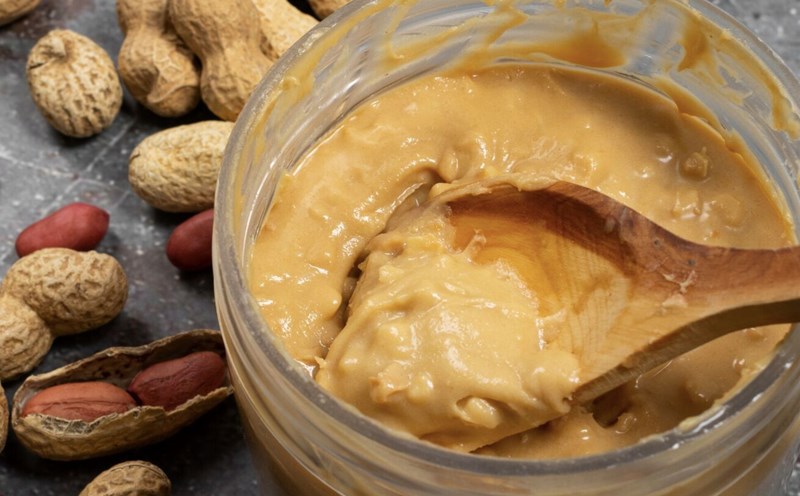correct understanding of the risks of peanuts
Parents are often afraid to let their children eat peanuts early because they are worried about allergies. However, a 2025 study published in the Journal of Pediatrics has changed this perception. Data analysis of more than 120,000 children under 3 years old shows that children who are familiar with peanuts from 4 to 6 months old have a 43% lower risk of allergies than children who avoid eating.
Dr. David Hill, an allergy doctor at Children's Hospital Philadelphia (USA), lead author of the study, said that this is "a big step forward in preventing food allergies", and encouraged parents to change their approach in introducing new foods to children.
Early exposure, the key to protecting children from allergies
Since the LEAP program (early understanding of peanut allergy), experts have found clear benefits of eating peanuts early. By the age of 5, the group of children who eat peanuts have an allergy rate 81% lower than the group that completely avoids them.
Previously, nutritional guidelines have advised children to wait until they are 3 years old to eat foods that are prone to allergies. However, according to obstetrician and gynecologist Swati Gaikwad (Motherhood Hospital, Pune, India), this method can "accidentally prevent the young immune system from exercising early, increasing the risk of allergic reactions when older".
How to eat peanuts safely
According to nutritionist Gauri Anand, you can get your child used to peanut butter diluted with breast milk or formula, or crushed peanut butter.
Start with a very small amount, observe for the first 15 - 20 minutes to detect a reaction. If children are at high risk of allergies such as severe eczema or a history of anaphylactic shock, it is necessary to talk to an allergy doctor before trying it," Ms. Anand recommends.
After children are well tolerated, parents should maintain it regularly to increase protection effectiveness. If your child still has an allergy despite following the instructions, dont blame yourself, Dr. Gaikwad emphasizes. Allergies are a complex reaction of the body. It is important for parents to proactively monitor and adjust their diet accordingly".
The information in the article is for reference only, not a replacement for medical diagnosis or treatment. You should talk directly to your doctor for accurate advice that is suitable for your health condition.











